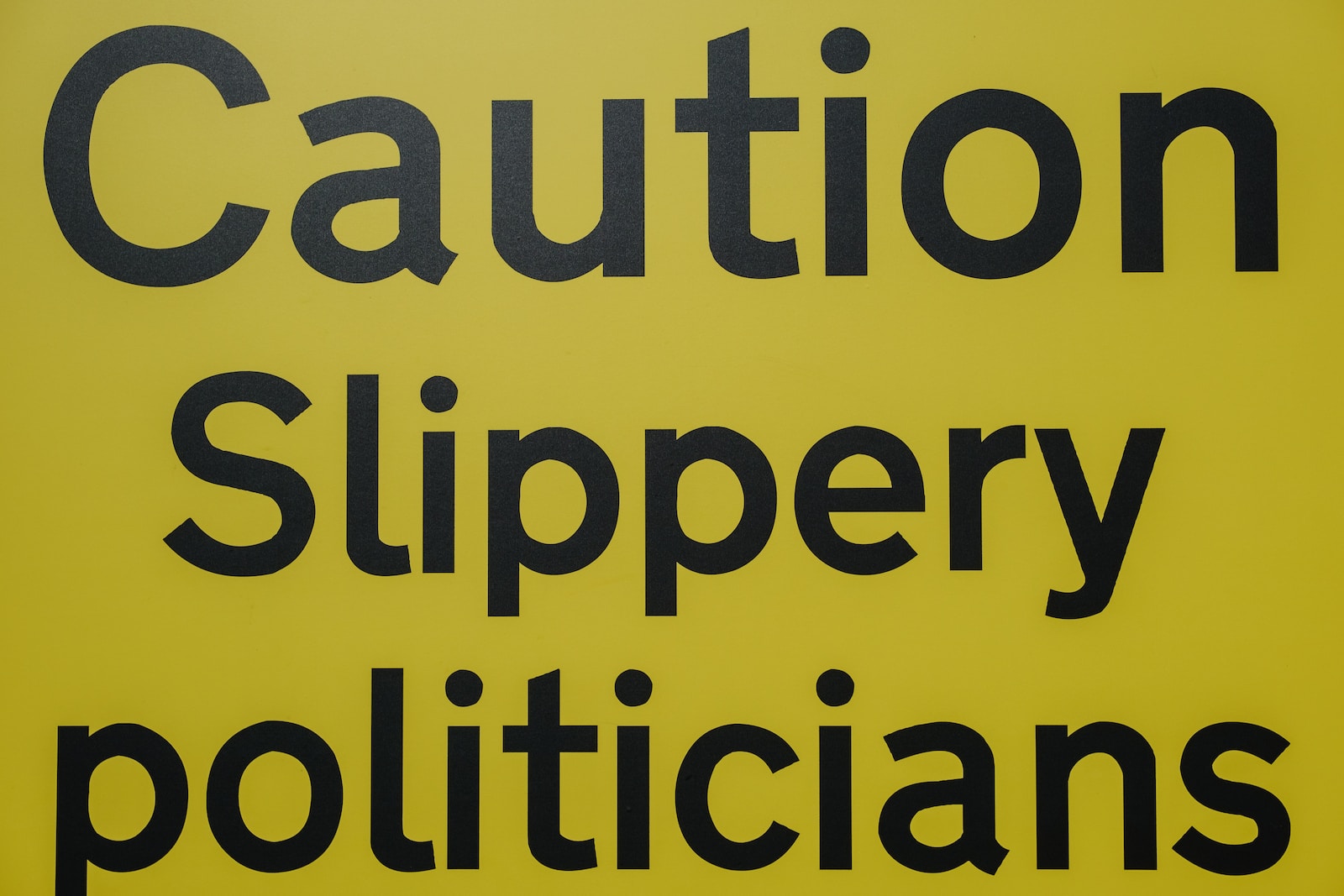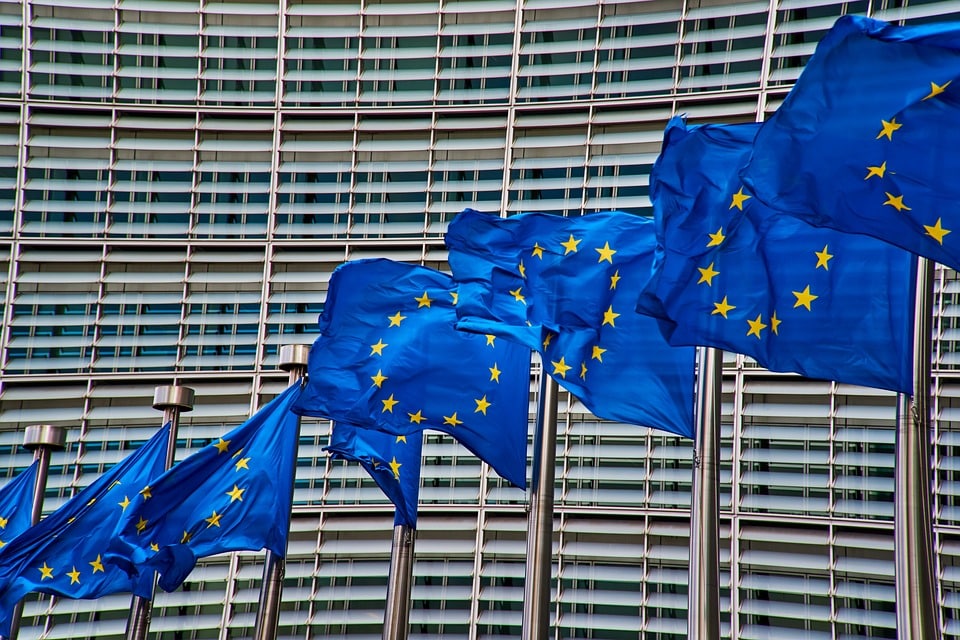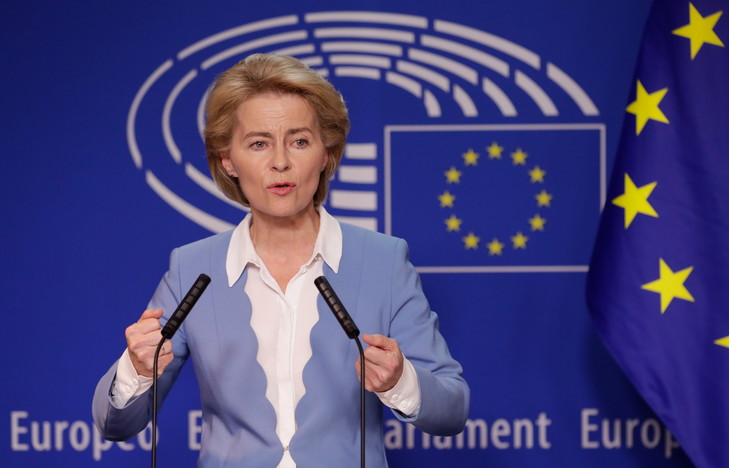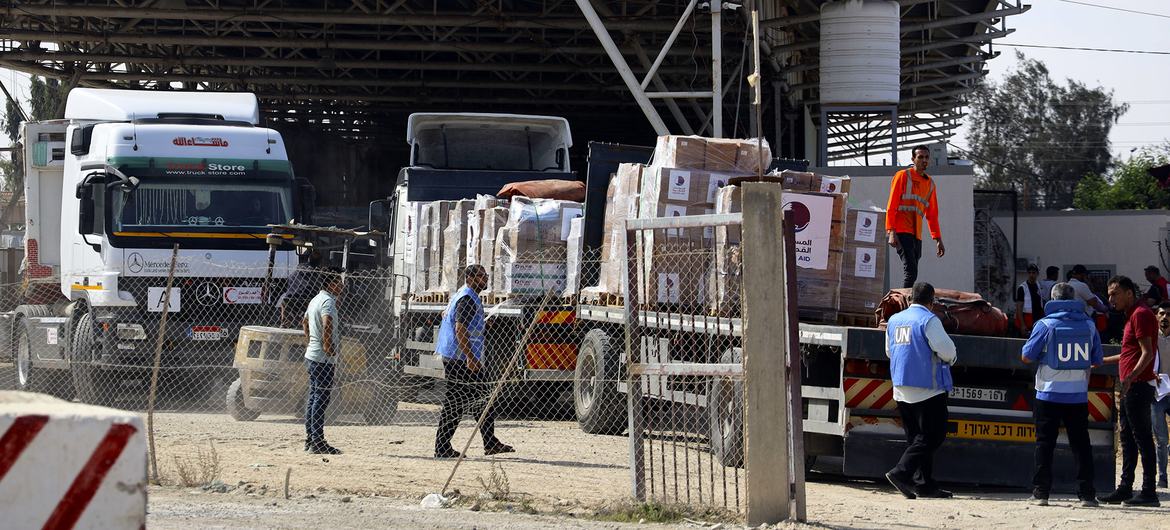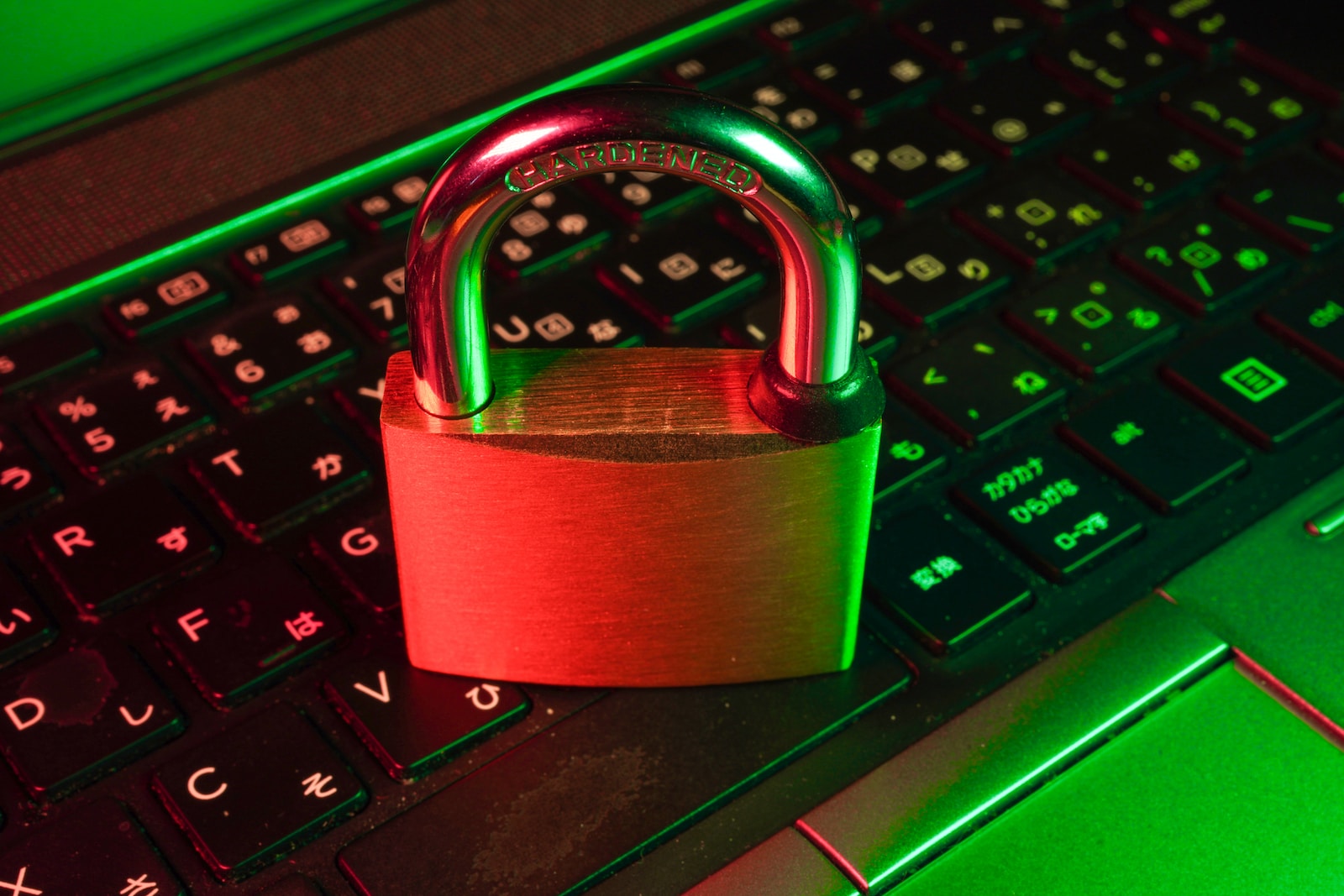In a landmark move to combat climate change, the European Union’s Environment Committee has thrown its weight behind stricter CO2 emissions reduction targets for heavy-duty vehicles (HDVs), which include trucks, buses, and trailers. This decision is aimed at improving air quality across the EU and aligns with the broader objectives of the European Green Deal and REPowerEU.
HDVs, a category that encompasses everything from city buses to long-haul trucks, account for a significant 25% of greenhouse gas emissions from EU road transport. This makes them a critical target in the EU’s fight against climate change.
Environment Committee and CO2 Emissions
The Environment Committee adopted the proposals, which aim to strengthen EU CO2 emission standards for new HDVs, with 48 votes in favour, 36 against, and one abstention. According to the report, these measures will play a key role in reducing the emissions of the entire HDV fleet, thereby helping the EU reach its 2050 climate neutrality goal.
The MEPs have proposed robust CO2 emissions reduction targets for medium and heavy trucks, including vocational vehicles such as garbage trucks, tippers, or concrete mixers, and buses. Targets are set at a 45% reduction for the period 2030-2034, ramping up to a 70% reduction for 2035-2039, and reaching a 90% reduction by 2040.
In addition, all newly registered urban buses should be zero-emission vehicles from 2030, with a temporary exemption until 2035 for interurban buses fuelled by biomethane under strict conditions.
The committee also proposed the establishment of an annual “Zero-Emission HDVs Forum” to facilitate the effective and cost-efficient roll-out of recharging and refuelling infrastructure. By the end of 2026, the Commission should assess the possibility of developing a methodology for reporting full lifecycle CO2 emissions for new HDVs.
The report on the Green Transition
Rapporteur Bas Eickhout (Greens/EFA, NL) said,
“The transition towards zero-emission trucks and buses is not only key to meeting our climate targets, but also a crucial driver for cleaner air in our cities. We are providing clarity for one of the major manufacturing industries in Europe and a clear incentive to invest in electrification and hydrogen. We’re building on the Commission’s proposal, but with more ambition. We want to expand the scope of the rules to small and medium-sized lorries and vocational vehicles – sectors which are especially important for urban air quality – and we’re adapting several targets and benchmarks to catch up with reality, as the transition is moving faster than expected.”
The MEPs are scheduled to adopt the report during the November II 2023 plenary sitting. This will constitute Parliament’s negotiating position with EU governments on the final shape of the legislation.
The Commission had earlier tabled a legislative proposal to set CO2 standards for heavy-duty vehicles from 2030 onwards to help reach the EU’s objective for climate neutrality by 2050 and lower the demand for imported fossil fuels.
With this move, the EU takes a significant step towards a greener future, reducing its reliance on fossil fuels and paving the way for cleaner air and a healthier environment for its citizens.





